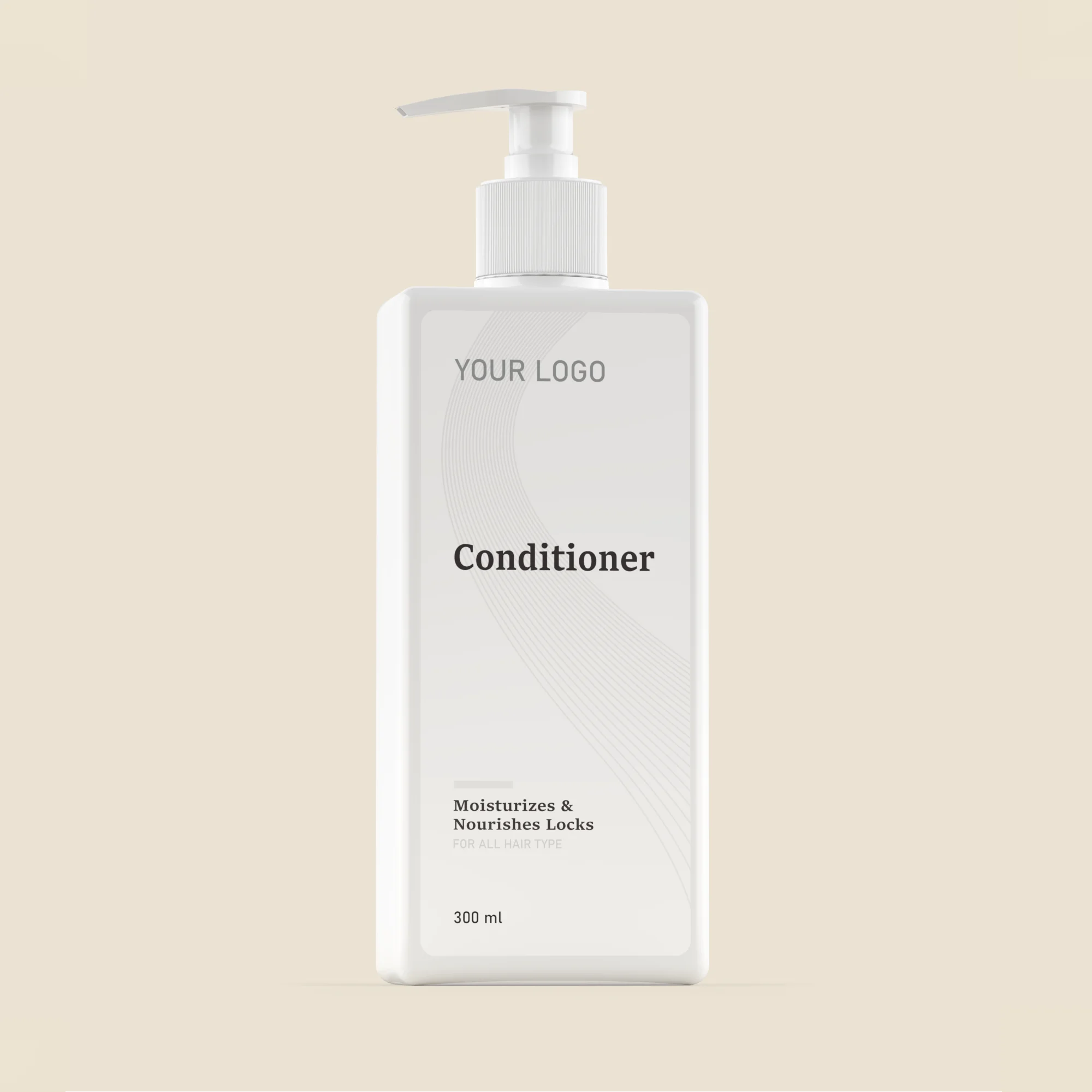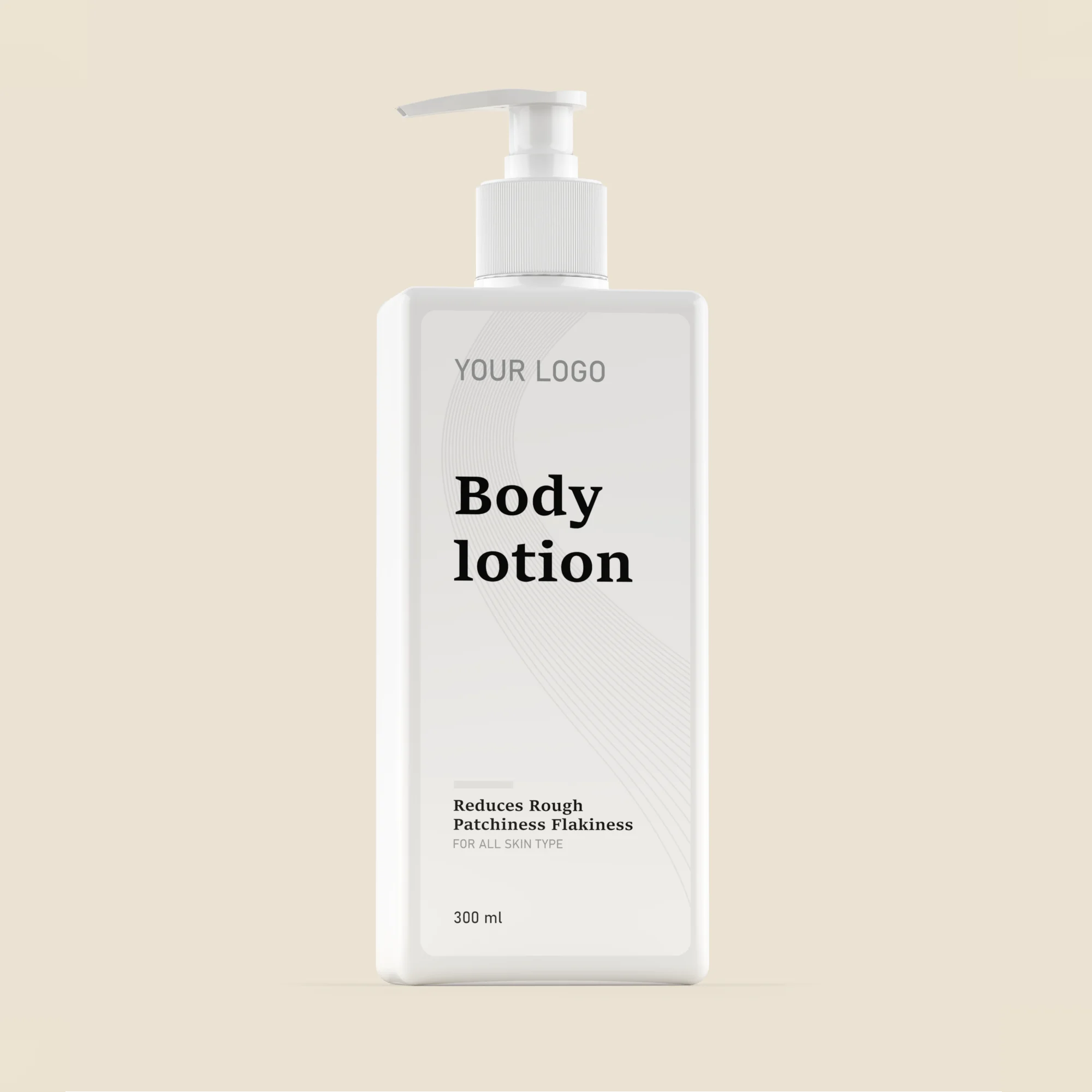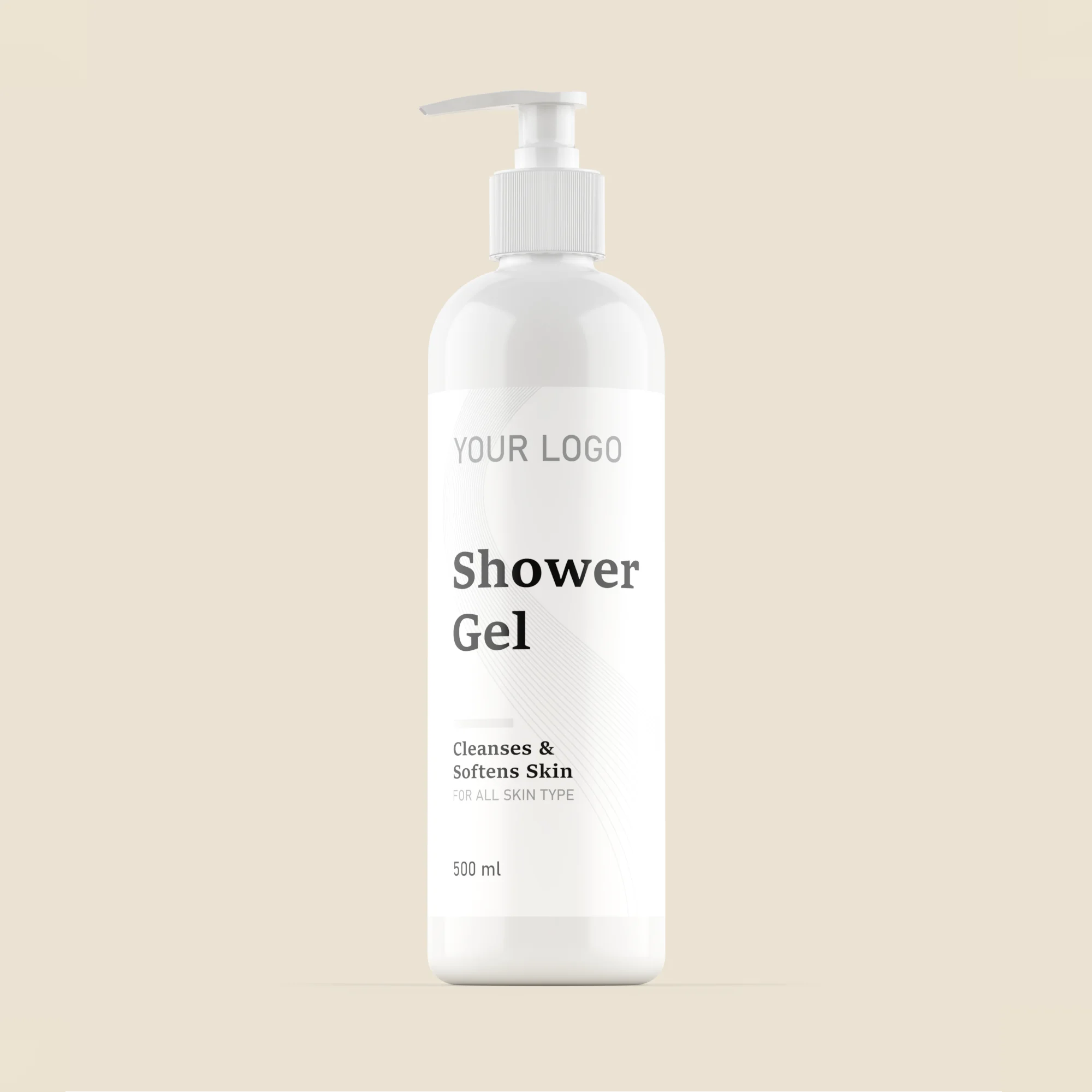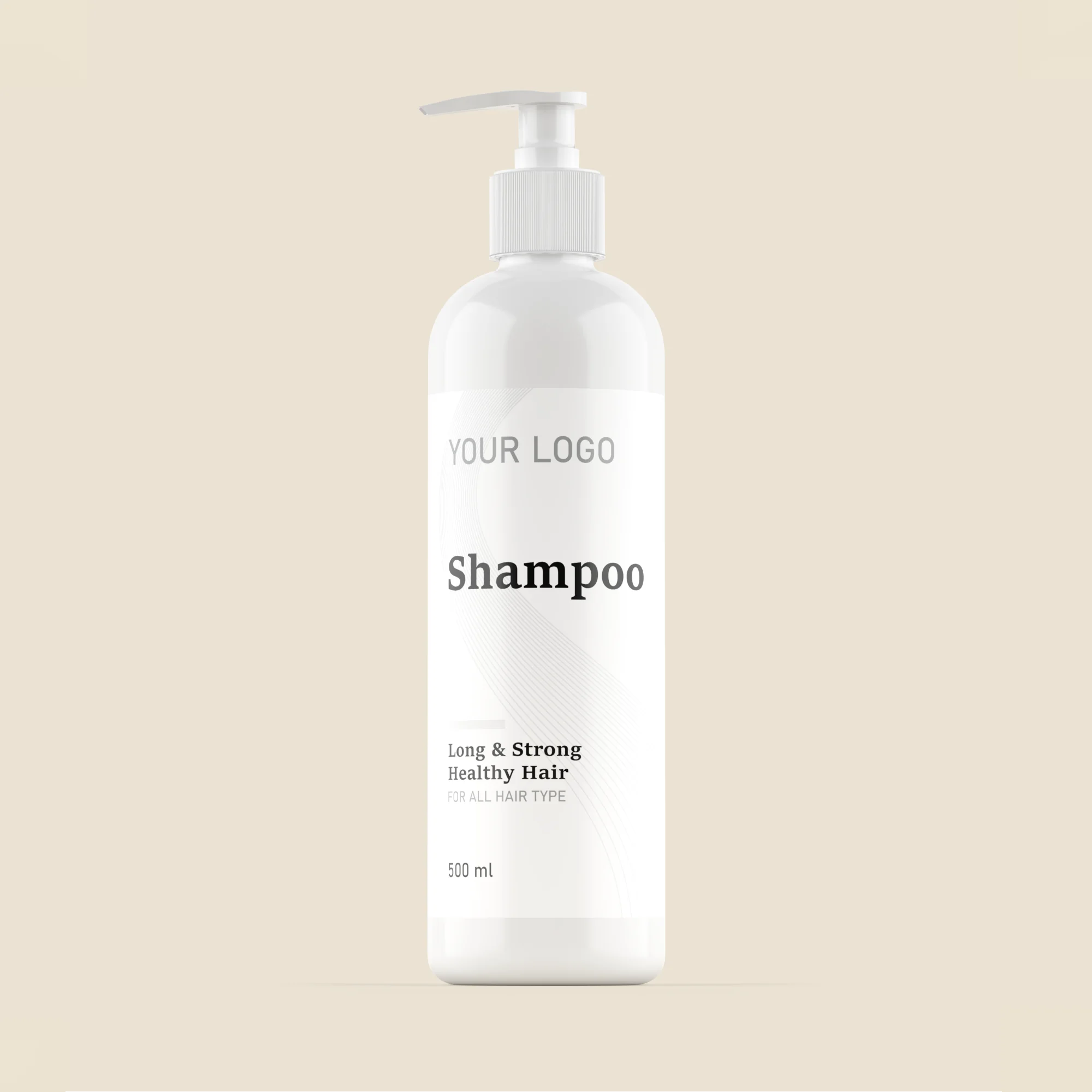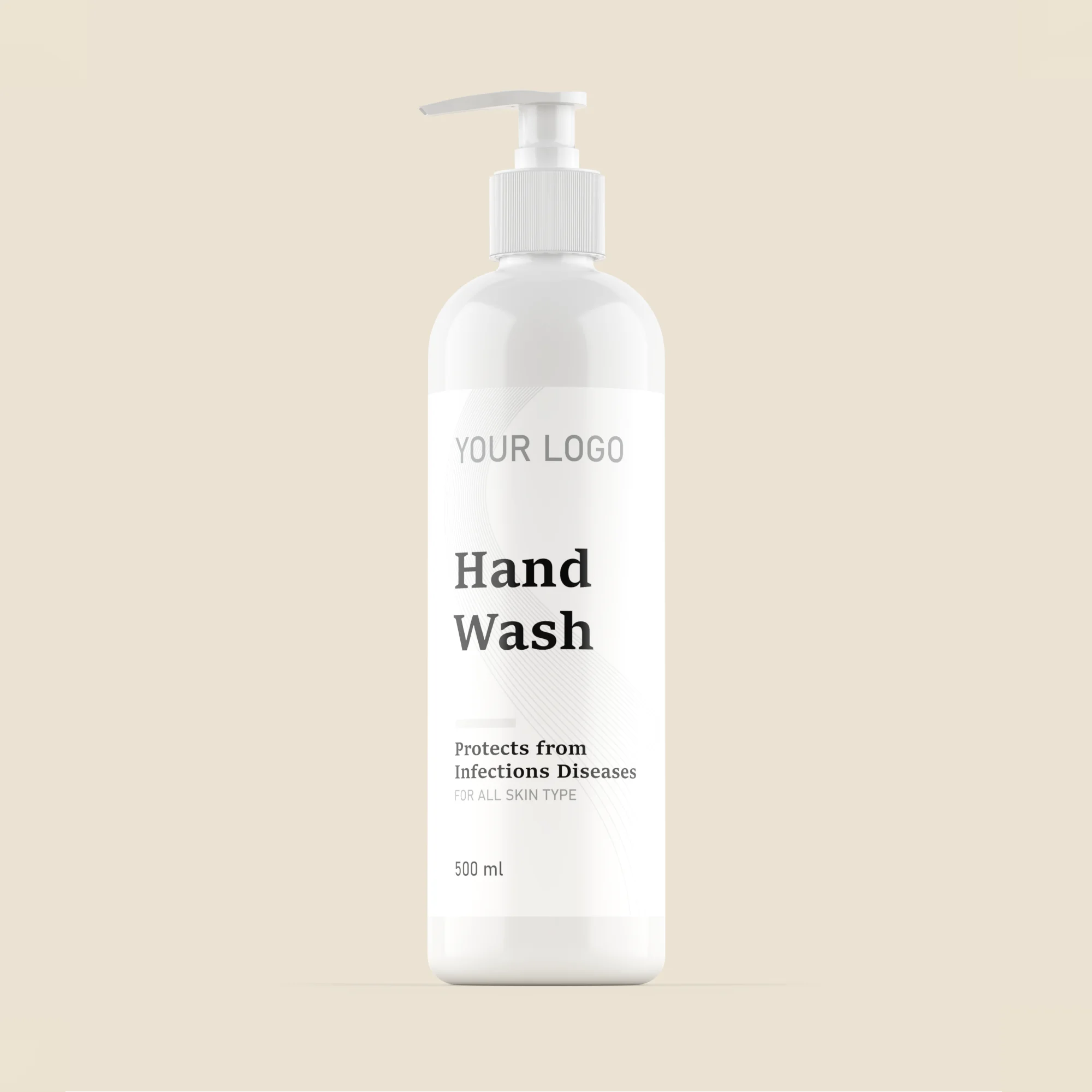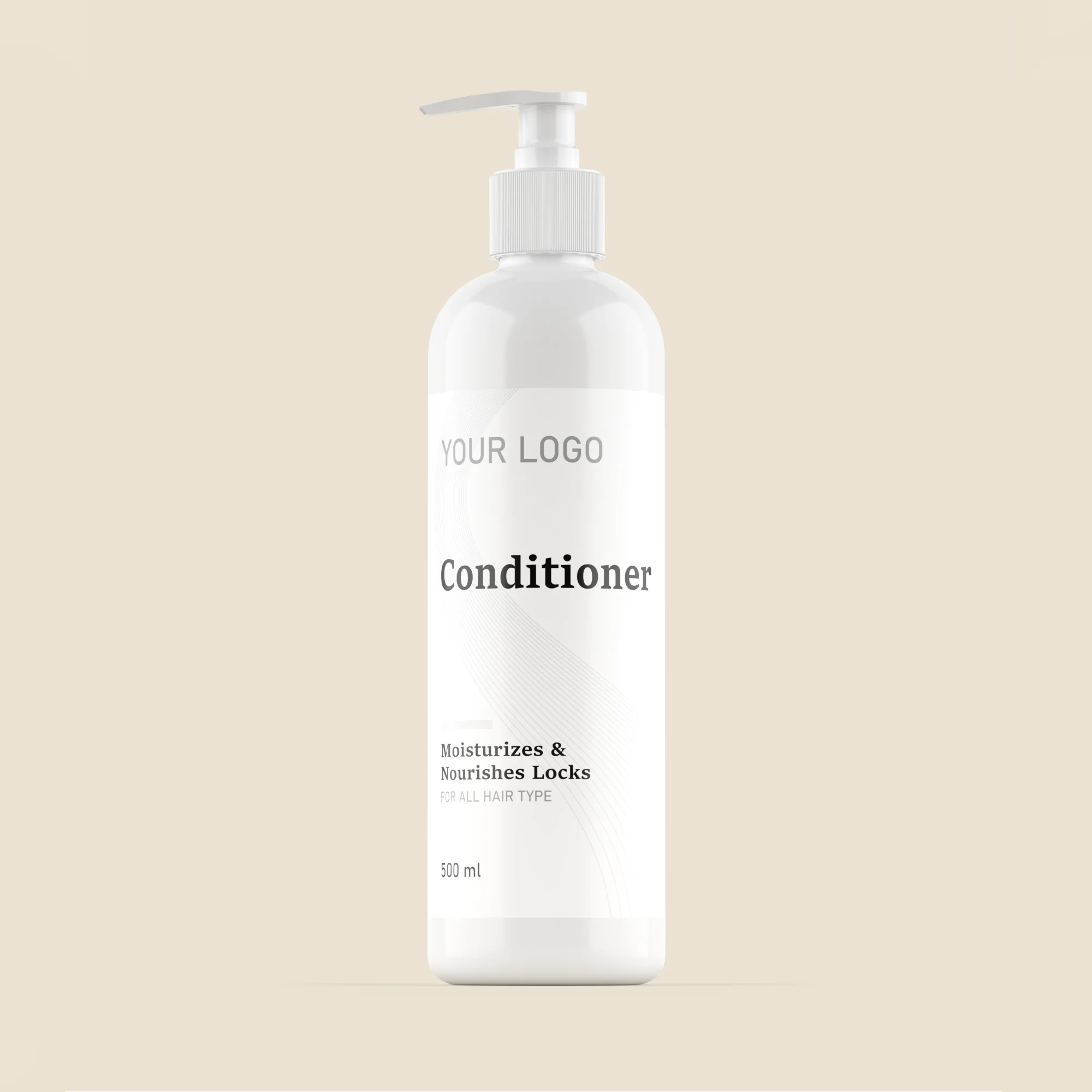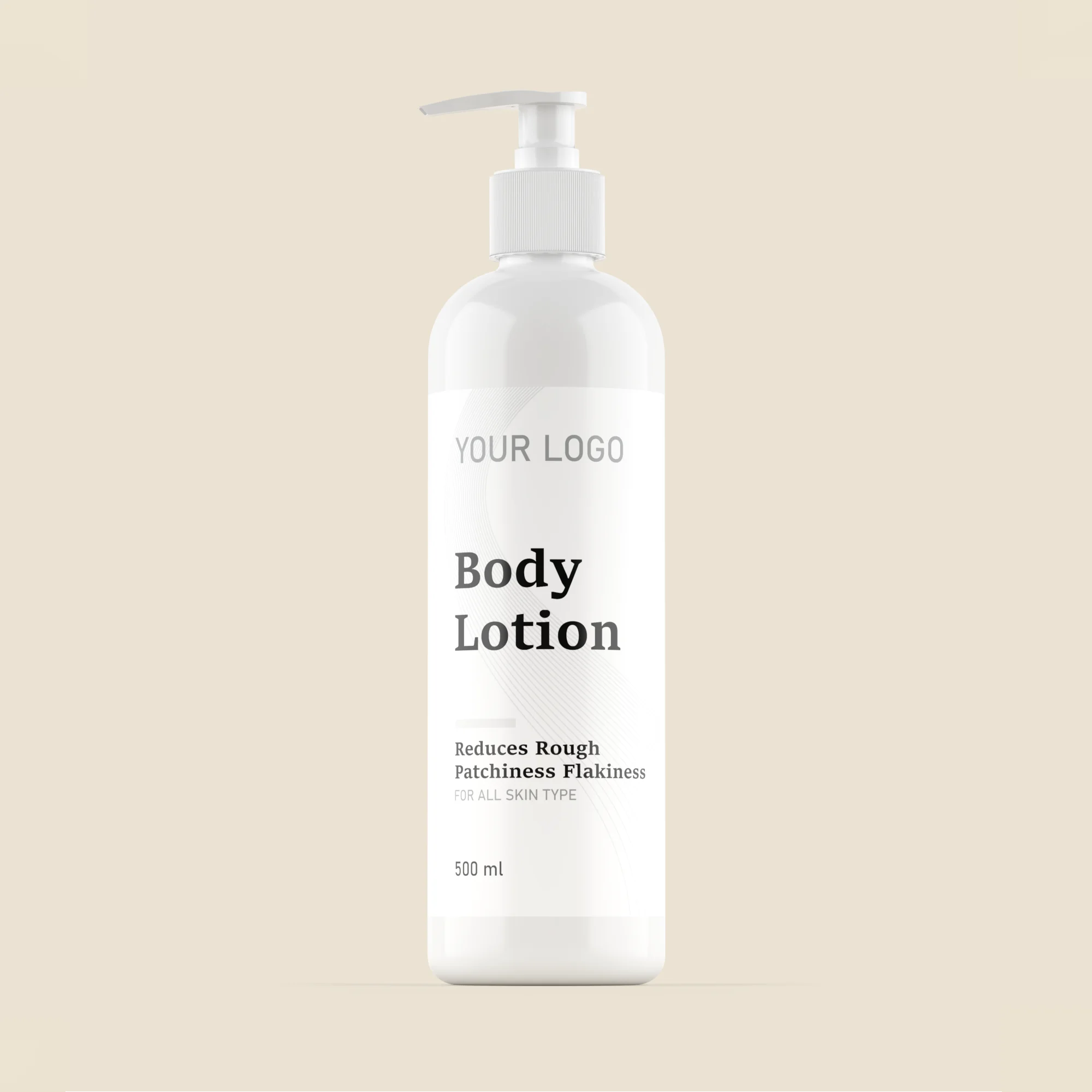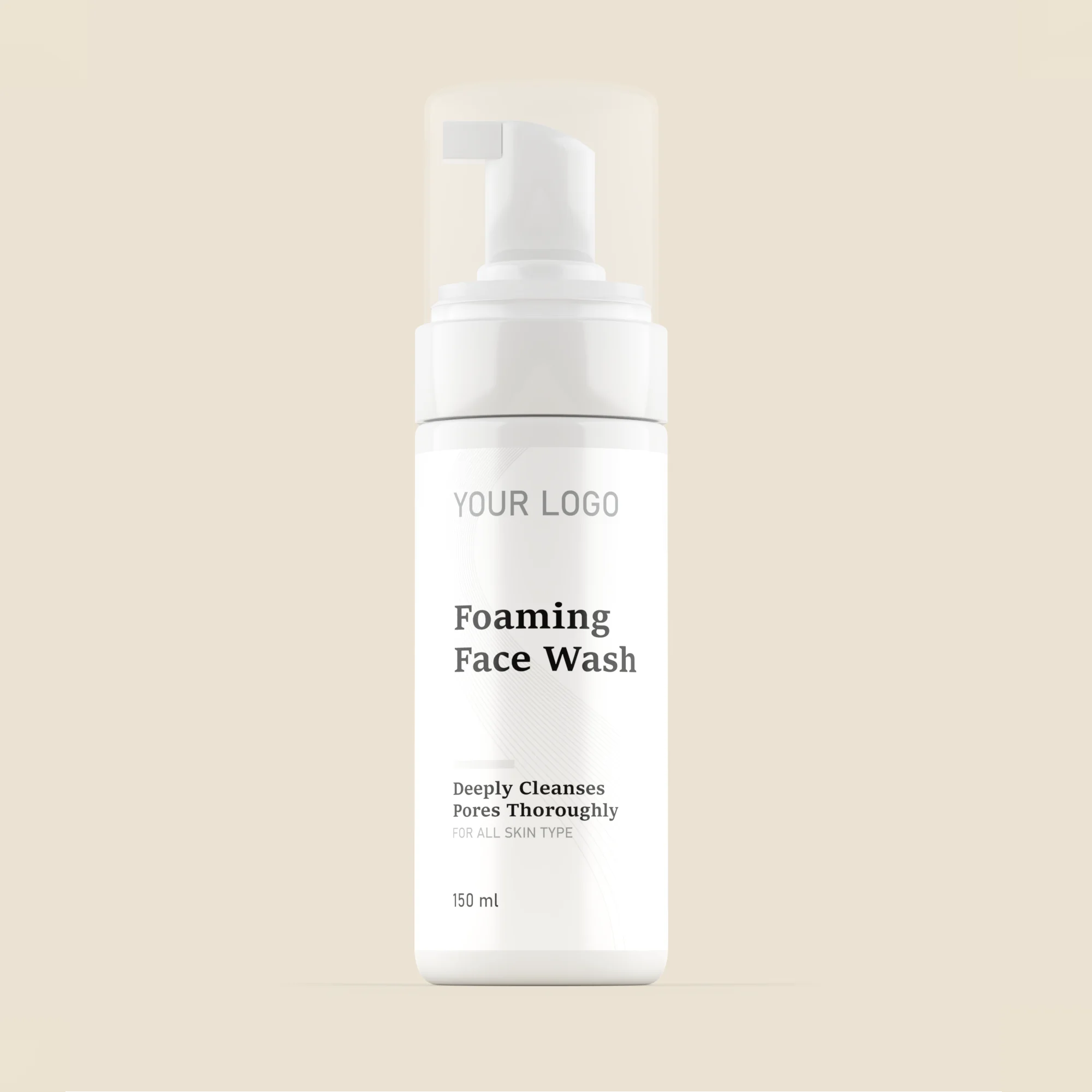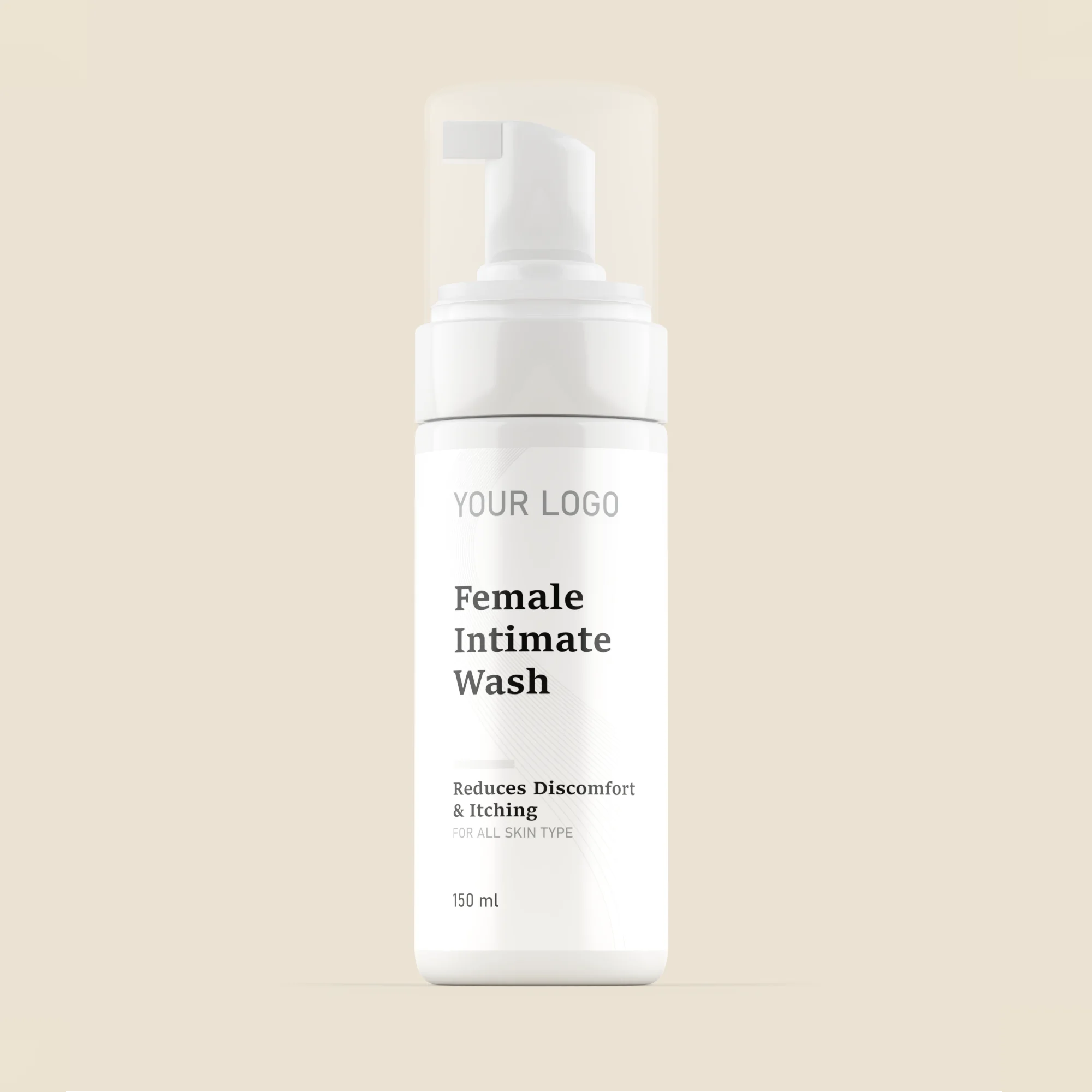Creating your own product is a challenging process. Lots of entrepreneurs who want to bring out their own product experience uncertainty and difficulties. Particularly if you are a new entrant in manufacturing, setting up an in-house unit appears very challenging. Most beginners end up outsourcing many materials and sometimes even parts of the assembly process.
Creating cosmetics is a complex process. It typically includes three main stages: quality control, product customization, and careful planning.
What are the Two Types of Manufacturing?
When you Subcontract making your product, you will come across two common terms: Contract Manufacturing and Private Label Creating. Many people are unclear about the differences and often mix these two terms up. This happens because the final products from both processes look very similar.
Both methods result in quality products that customers like. Both private label and contract manufacturing are utilized by the cosmetic industry. Due to this, one should be aware of the differences between them. Being familiar with both processes will assist you in making more effective decisions for your cosmetic or skin care products.
This piece explains the primary distinctions between private label and contract manufacturing in skincare and cosmetics. Keep reading to learn how each method works!
What is Private Labelling?
Private labeling is a great option for companies or individuals who want to invest in skincare products without handling the hard parts of Creating. It’s like a ready-made, plug-and-play solution. Small startups and smaller businesses often prefer private labelling because it allows them to focus on growing their brand, while another company handles manufacturing and marketing.
Even experienced companies and big businesses find private labelling helpful since it doesn’t interrupt their regular operations. They can work at their own pace and easily add new products to their line. Private labeling is a ready-made solution that comes with several benefits.
When you work with a private labelling company, you don’t have to worry about the formula, Creating process, or packaging. The products are already developed, so launching your product happens faster than usual. This means you can relax and concentrate on your company’s growth instead of the production details.
Private labelling also tends to be a more affordable manufacturing solution. Because of this, even big businesses may sell their goods for less money without sacrificing on quality.
What is Contract Manufacturing?
Contract manufacturing works differently from private labelling. It requires a deeper understanding and more involvement from you.
With contract manufacturing, you need to have your own product formula. Unlike private labelling, which provides ready-made products, contract manufacturing expects you to give input on formulation, packaging, and raw materials. You also have to plan everything from shipping to launching your product.
This might feel overwhelming for beginners, but it’s perfect for companies with unique product formulas that want complete control. Contract manufacturers usually ask for bigger minimum orders, so your starting investment will be higher. This method is best suited for larger businesses rather than small startups. Private labeling might be the better choice if skincare is your first area of expertise.
What are the Differences Between Private Label and Contract Creating in Skincare or Cosmetics?
Getting people interested in your skincare product is challenging. Both private label and contract manufacturing help solve this by giving you options to manufacture and launch your product.
What makes them different? Which one should you choose? While both result in good products, the main difference is in how each process operates.
Advantages of Private Labelling
The most important benefit of private labelling is the “turnkey” process—it’s ready for you. Private label companies take on the responsibility of production, freeing you to focus on your business.
Building a Loyal Customer Base: Loyal consumers are essential for any organization. People are more willing to test the new things you introduce when they have faith in your brand. This loyalty takes planning and effort, and private labelling can help support this growth.
Exclusive Products: Standing out in the crowded cosmetic market requires unique products. Private label companies assist in creating exclusive products, from formula to packaging, that attract customer attention.
Higher Profit Margins: Private labeling often needs less money upfront, helping you save costs and increase your profits.
These benefits make private labelling an attractive option for many businesses.
Advantages of Contract Manufacturing
Contract manufacturing also offers many benefits:
Higher Quality Products: Contract manufacturers have expert teams and modern machines to produce high-quality products, often better than what you could make on your own.
Cost Savings: You don’t have to invest in manufacturing equipment or hire large staff. The contract manufacturer handles everything, reducing your overhead costs.
Resource Efficiency: Contract manufacturers reduce waste by using lean manufacturing processes and lower carbon footprints. They also save your team’s time by managing production so you can focus on branding and marketing.
Lower Labor Requirements: You don’t have to manage large staff or payroll since the contract manufacturer takes care of their team.
Faster Time to Market: Experienced contract manufacturers use advanced tools that speed up production, helping you launch your product quickly.
Scalability: Whether you start small or grow large, contract manufacturers can adjust production volumes efficiently without major cost increases.
Ideal for Small Businesses and Startups: Companies with limited resources can compete with larger brands by using contract manufacturing without heavy investments.
End-to-End Services: Some contract manufacturers take care of everything, from designing the product to shipping it, making the whole process easier.
Industry Expertise: Experienced contract manufacturers can help improve your product design, especially for specialized cosmetic or medical products.
Conclusion
Both private label and contract manufacturing give businesses a way to offer quality products to their customers. Private labelling is great if you want a quick, hassle-free way to sell products without customizing. Contract manufacturing suits businesses that want complete control over product design and production.
The demands, objectives, and resources of your business will determine your decision. Making the greatest choice for your company will be made easier if you understand these two procedures.
Many people get confused about private label vs contract manufacturing. However, both approaches are widely used in the industry and share the goal of creating products customers love and buy regularly.
At Greenphyll, we help businesses understand these options and offer manufacturing solutions to grow your brand successfully.






